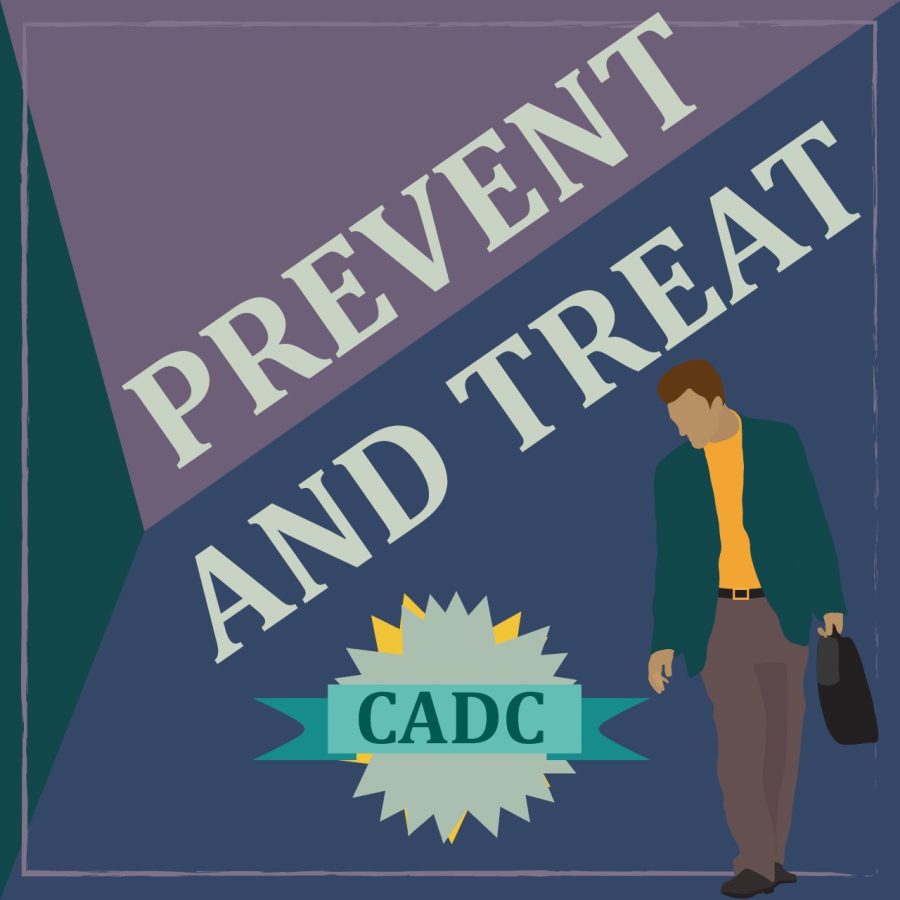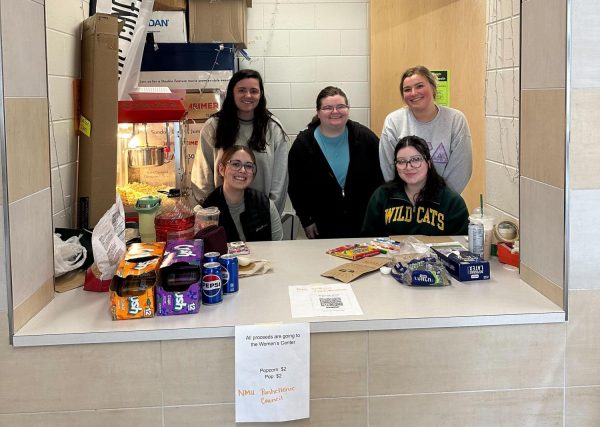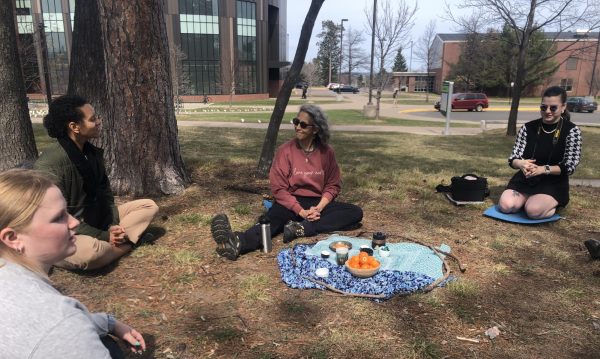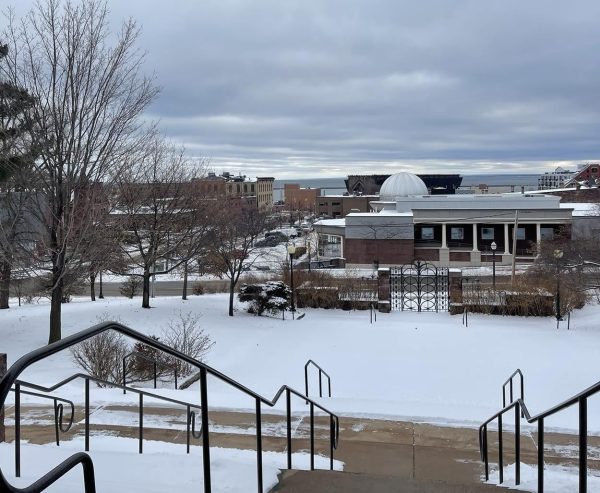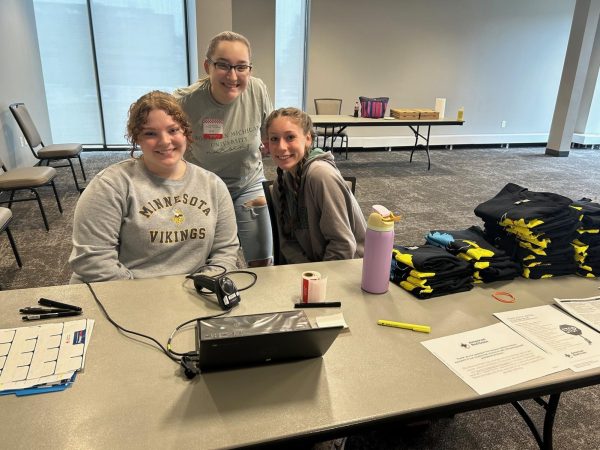Lack of addiction resources in U.P.; NMU Social Work Department provides Substance Use minor
SUBSTANCE USE – NMU’s Social Work department is now offering a Substance Use minor. This provides students with knowledge and training that is much needed in the U.P.
October 6, 2022
The Social Work Department at NMU is now offering a substance use minor as of the Fall 2022 semester to provide education to Upper Peninsula students in the substance use disorder treatment field.
The Social Work department, in partnership with the Center for Rural Community and Economic Development and other departments at NMU, has been working to put this program in place for the last year and a half, said Elissa Kent, interim MSW field coordinator and a key contributor to organizing the minor at Northern.
“I just happened to know all the ways to make it actually fit together,” Kent said. “The fact that this really started as a community project, obviously tells you how beneficial it can be for the community.”
The program is designed to “explain, prevent and treat substance use disorders,” according to the listing on the undergraduate bulletin.
“We hear lots of stuff about people that have substance use disorders, so I think getting accurate information and education is really important,” Kent said.
According to the listing online, this interdisciplinary minor can be earned through 20 credits in the areas of social work, criminal justice, health, psychology and sociology. A student who successfully completes the minor will have enough credit hours in the classroom to obtain the educational component of 300 hours to earn Certified Alcohol and Drug Counselor (CADC) credentials.
The courses in the minor are being taught by professors with extensive experience, such as LaMart Hightower who was formerly an addiction treatment specialist with 30 years of experience in the field.
The substance use disorder treatment field is one that is exists everywhere and is chronically underfunded across the country, Kent said.
“Everywhere they go, professionals are going to be experiencing people who have substance use disorders,” Kent said. “The better we are able to educate ourselves about that, the better we are to treat that and hopefully it won’t be such a huge social problem.”
In the U.P. specifically, resources for substance use disorders are scarce, Kent said.
“What makes it really difficult is that the U.P. has higher rates of substance use than most other parts of Michigan and is higher than the average numbers across the country,” Kent said.
An issue facing U.P. substance use disorder treatment professionals is the lack of training opportunities in the area, Kent said.
“What ends up happening is that the people who want to work in the field up here are at a very strategic disadvantage,” Kent said. “Often trying to fund the travel expenses to get to these trainings downstate, really sets up the workforce to be at a huge disadvantage.”
When Kent and other professors in the social work department asked for student interest, there was an overwhelming amount of support.
“I have had multiple people reaching out to me trying to take the courses, I’ve even had lots of people in the community trying to come back to NMU as non-degree seeking students to take them,” Kent said. “I wasn’t really anticipating that, so I think there is quite a bit of interest in the program.”





















